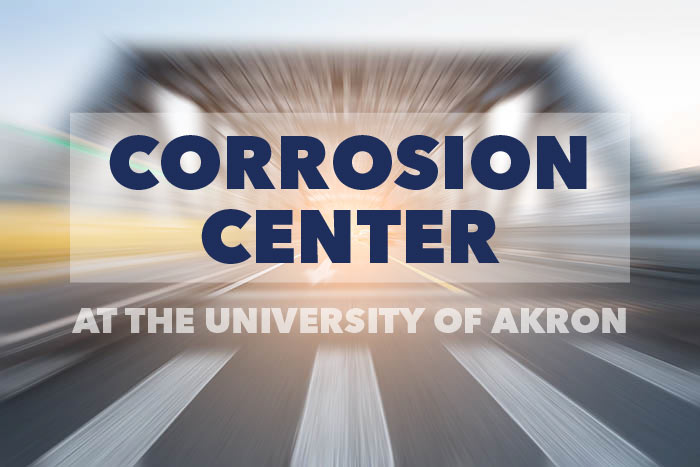Skip to main content
Scroll To Top
Corrosion Localization, Inhibition, and Sensors Lab
1. Lab Description and Capabilities
- Research and testing in localized corrosion, corrosion inhibition, corrosion sensors, and environmentally assisted cracking
- Support broad activities of the CPO’s UCC/TCC and industry sponsored projects
- Provide training and laboratory experience for students including postdoctoral researchers, graduate students, and undergraduate students
2. Deliverables
- Mechanistic study of various forms of localized corrosion, such as pitting, crevice, and interfacial corrosion phenomena
- Laboratory investigation and predictive modeling for interactions between corrosion inhibitors and metallic materials in corrosive environments
- Microelectrode and coupled microelectrode array sensor for better corrosion monitoring and assessment in challenging environments
- Research on stress corrosion cracking and hydrogen induced cracking
3. Major Equipment and Specific Minor Equipment
- Potentiostat: one multichannel (8) potentiostat, one dual‐channel potentiostat, and one single channel potentiostat
- Load frame: one 5000 lb. load frame for stress corrosion cracking and corrosion fatigue testing
- Tensiometer: K100 force tensiometer for contact angle and surface tension measurement
- UV‐Vis spectrophotometer: solution composition and water quality analysis
- Rotating system: one rotating cylinder/disk system to study the flow effect
- Multichannel microelectrode analyzer: special equipment for multielectrode systems and corrosion sensors
All NCERCAMP labs

